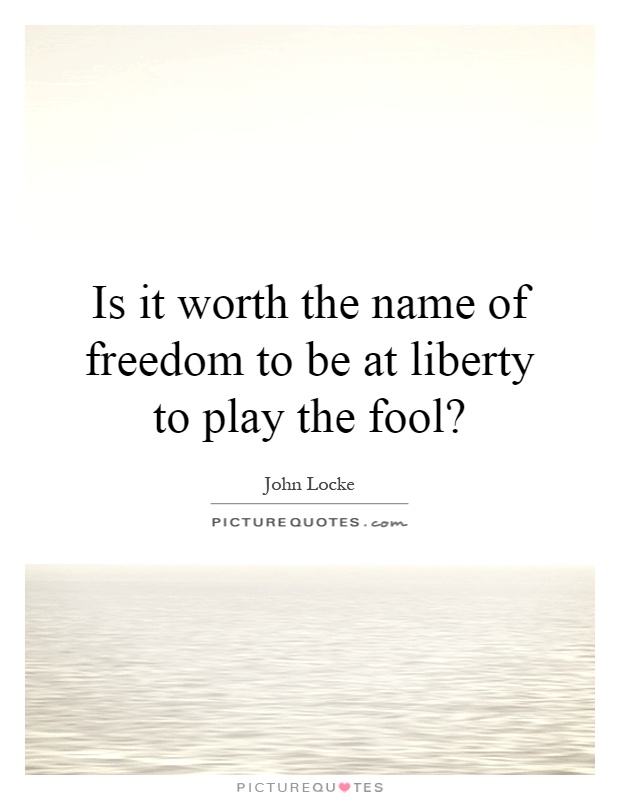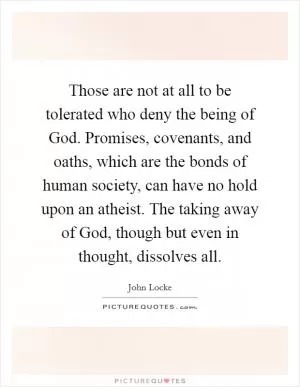
Is it worth the name of freedom to be at liberty to play the fool?

Is it worth the name of freedom to be at liberty to play the fool?
John Locke, a prominent philosopher of the Enlightenment era, believed in the importance of individual freedom and autonomy. He argued that individuals have a natural right to life, liberty, and property, and that governments exist to protect these rights. In his famous work, "Two Treatises of Government," Locke explores the concept of freedom and the limits of liberty.The quote, "Is it worth the name of freedom to be at liberty to play the fool?" raises an important question about the nature of freedom. Locke would likely argue that true freedom is not simply the ability to do whatever one pleases, but rather the ability to make rational choices and act in accordance with reason. In other words, freedom should be exercised responsibly and with consideration for the well-being of oneself and others.
Locke believed that individuals have a duty to use their freedom wisely and to respect the rights of others. He argued that true freedom is not license to act recklessly or harmfully, but rather the ability to pursue one's own interests while respecting the rights and freedoms of others. In this sense, freedom is not simply the absence of external constraints, but the ability to govern oneself and make choices that are in line with reason and morality.
Playing the fool, in Locke's view, would be a misuse of freedom. It would involve acting in a foolish or irresponsible manner, without regard for the consequences of one's actions. This would not be true freedom, but rather a form of self-imposed bondage. Locke would likely argue that true freedom involves self-discipline, self-control, and the ability to make rational choices that are in line with one's own best interests and the interests of society as a whole.












 Friendship Quotes
Friendship Quotes Love Quotes
Love Quotes Life Quotes
Life Quotes Funny Quotes
Funny Quotes Motivational Quotes
Motivational Quotes Inspirational Quotes
Inspirational Quotes